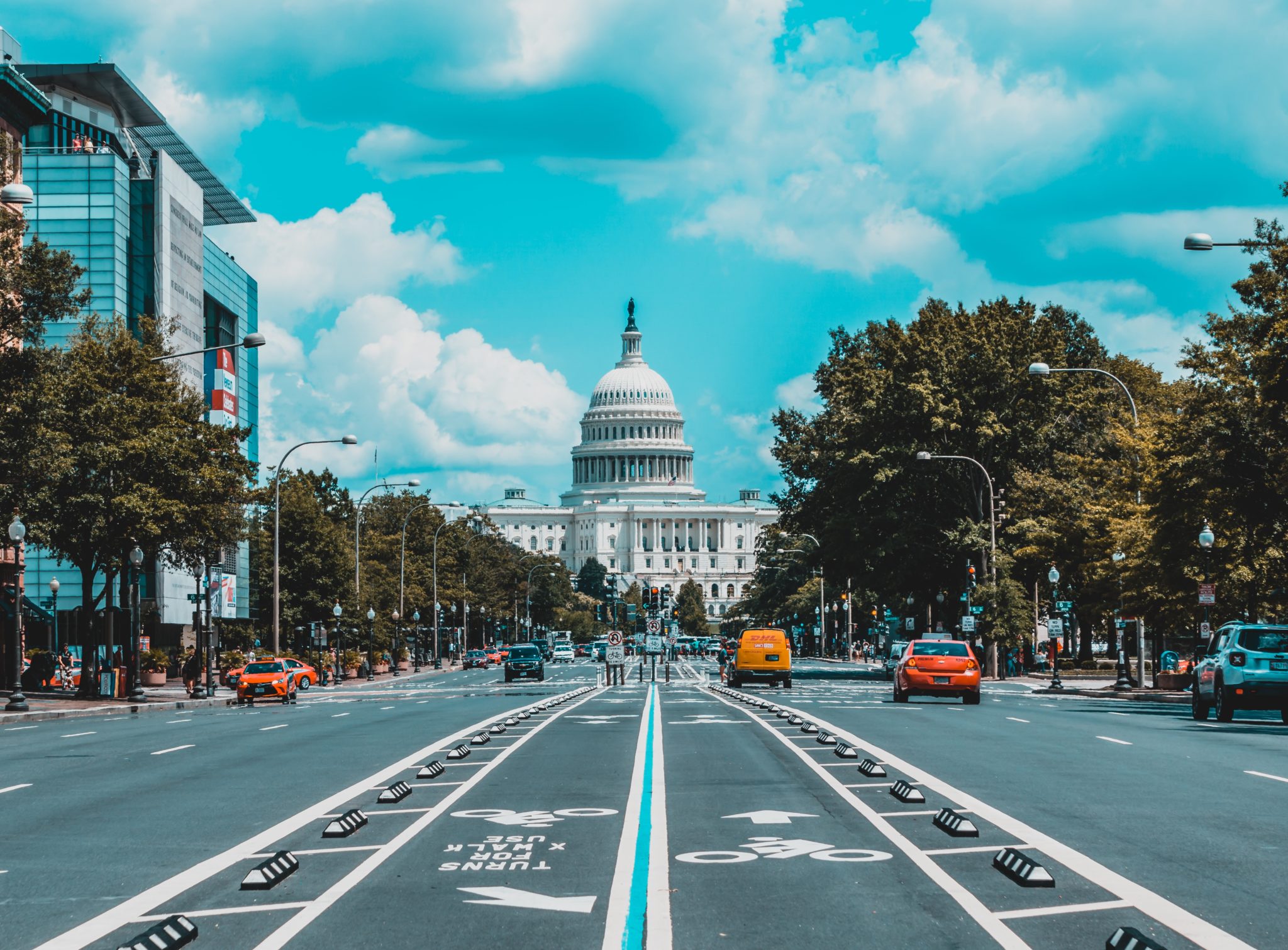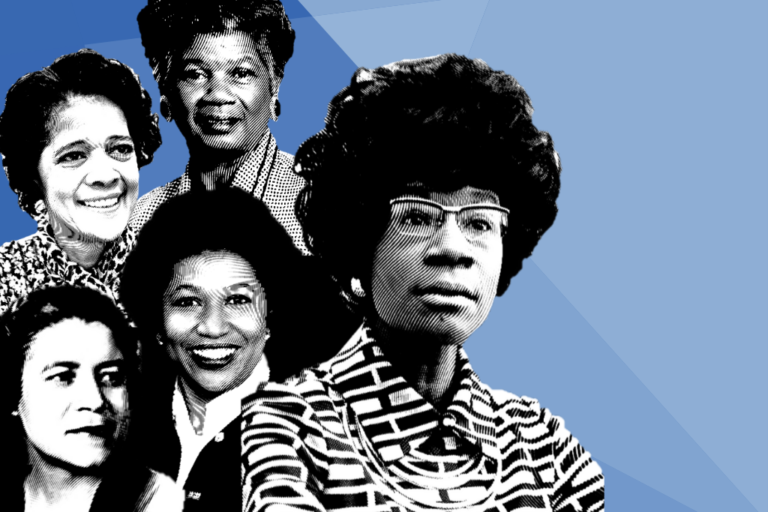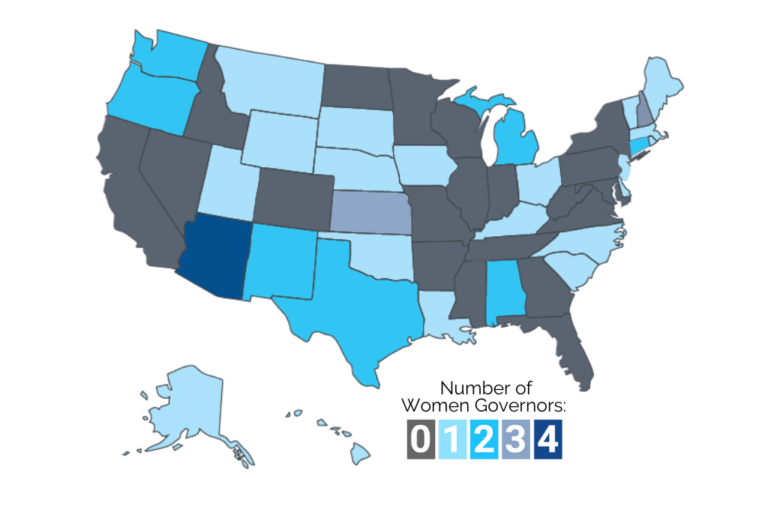2018 was a history-making year for Black women: at least 468 Black women ran…
Black Women are Running in Record Numbers

A record number of Black women are running for Congress this year. At least 122 Black or multi-racial Black women have filed to run for congressional seats, and nearly 60 are still running. This figure has been building over the last few cycles, representing a drastic increase since 2012, when it was only 48. Now, 2020 sets another record on the campaign trail, and this year is poised to further the gains Black women have made in recent years.
This progress would not be possible without the trailblazing Black women who have broken down barriers in the past. In 1968, Shirley Chisholm won a House seat and became the first Black woman elected to the United States Congress, and just 28 years ago, Carol Moseley Braun became the first Black woman elected to the Senate. Still, there is work to do. In 2018, Black women saw record political gains, but they still only make up 4% of Congress, 2% of statewide elective executives, and 1% of state legislators. That’s right – there are only 22 Black women in Congress, out of 535 members.
This year, the slate of congressional candidates is proving that Black women are strong candidates. Kathy Barnette, a veteran running in a majority white district in Pennsylvania, is using her campaign to speak up about issues affecting the Black community. Candace Valenzuela, who is running in Texas and would be the first Afro-Latina in Congress if elected, has spoken up about her family’s experience with domestic abuse and homelessness. Pam Keith, an advocate for homeless veterans, is proving the importance of
Unfortunately, women of color face many barriers on the campaign trail, from difficulties raising money to questions about their qualifications. But these women are proving what we already knew: Black women are electable. In a head-to-head matchup against a Republican man, a hypothetical Black Democratic woman won 44%-37%, and in a matchup against a Democratic man, a Black Republican woman won by a commanding 49%-33%. Black women are even winning in districts previously thought to be out of reach to them. As Glynda Carr, President and CEO of Higher Heights, points out, four of the five Black women elected to Congress in 2018 won in majority-white districts.
As the country faces crises from racial injustice and further inequities highlighted by the pandemic, it’s never been clearer how important Black representation is. Women of color understand the struggles of their constituents, and fight to represent their communities when in office. Hopefully, the record number of Black women running will build a new, more diverse Congress.






